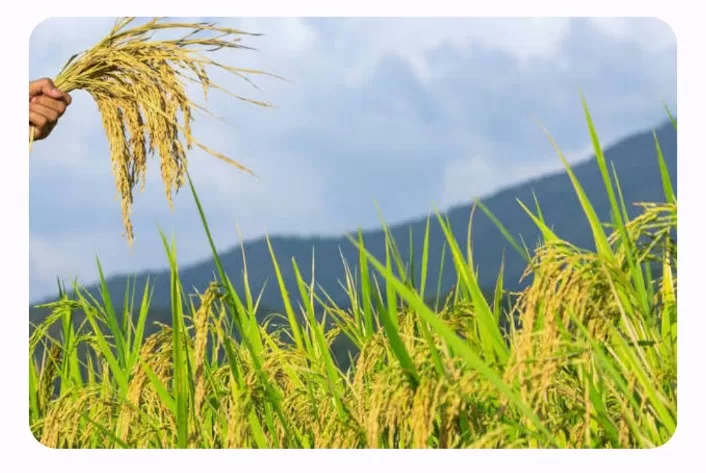In a strategic move, Ukraine has announced its intent to pursue legal action against Poland, Hungary, and Slovakia, following the imposition of bans on Ukrainian agricultural products. Agriculture Minister Mykola Solsky conveyed this decision, emphasizing its near-future implementation.
Ukrainian Trade Representative Taras Kachka had previously revealed in an interview with Politico that Kyiv was preparing to initiate legal proceedings against these three nations.
The European Union had previously placed restrictions in May, permitting Poland, Bulgaria, Hungary, Romania, and Slovakia to prohibit domestic sales of certain Ukrainian agricultural commodities while allowing the transit of these goods for export elsewhere. However, Poland, Slovakia, and Hungary recently imposed their own limitations on Ukrainian grain imports, citing economic interests and a desire to protect their domestic agricultural sectors.
Trade Representative Kachka emphasized the importance of demonstrating the legal inadequacy of these actions, stating that legal proceedings would commence promptly.
Furthermore, Kachka pointed out that Ukraine may consider retaliatory measures against Poland if the additional restrictions were not lifted, including restrictions on the import of fruits and vegetables from Poland.
Polish Agriculture Minister Robert Telus clarified that Poland’s ban encompassed four cereals and extended to include meals derived from these cereals, such as corn, wheat, and rapeseed.
Ukraine had previously indicated its willingness to seek international arbitration to address these restrictions. The European Union allowed its embargo to expire after Ukraine pledged to tighten export controls to prevent any adverse impact on neighboring countries. Kyiv intends to implement a real-time export license system for grain products.
This legal action underscores the significance of international trade relations and the complexities that can arise when multiple nations are involved. The outcome of this legal dispute will undoubtedly have far-reaching implications for agricultural trade in the region.
By Reuters




